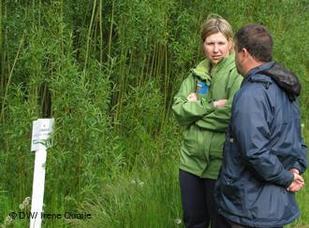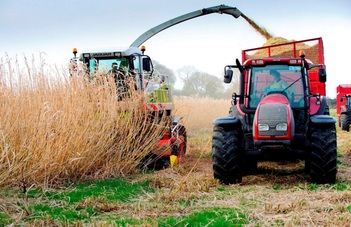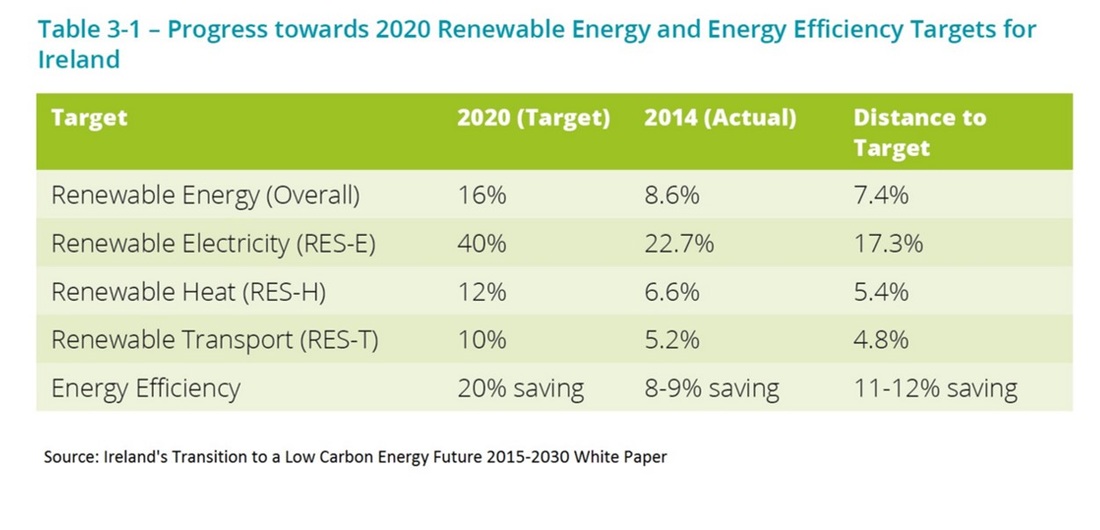"Back in my day..."
| My post-doctoral research at University College Dublin from 2007-2011 was focused on the bioenergy sector. It was all the rage, with plenty of funding available for research that could inform Ireland’s agricultural sector in making the transition to bioenergy production to meet the EU Renewable Energy Directive. |
Has anything changed?
| Only a year ago, the Irish Times reported that policy changes were still needed for bioenergy projects to proceed in Ireland, and a Coillte representative stated there is “absolutely no chance whatsoever we’re going to reach our heat target in the Renewable Energy Directive by 2020.” At the same time, Teagasc reported a significant cut in bioenergy research funding and that farmers who had planted miscanthus were now ploughing up their fields in resignation or committing to supply digesters in Northern Ireland - lost opportunities for Ireland’s efforts to meet renewable targets. |
The wider implications on growth of the Irish bioenergy sector
What to expect for our fuels of the future
At the EU level, the Commission has recognised that an improved biomass policy will also be necessary as part of the EU’s 2030 Climate and Energy Framework. An EU renewable energy package, including a bioenergy sustainability policy for both biomass and biofuels, will be proposed between 2015 and 2017. Understandably, this could limit the role that bioenergy can play in efforts toward full decarbonisation. We simply don’t have the available land for 100% of our renewable energy to be provided entirely by biomass, and the EU is already moving toward a cap on biofuels for transport use for similar reasons.
As part of a sustainable bioenergy policy, it is also possible that the EU will encourage increasingly decentralised energy systems, involving smaller scale, local energy projects with benefits for local communities and rural development. While large scale industrial use of biomass could be discouraged as an inefficient use of biomass resources with little in the way of local, community benefits.
The Paris Agreement has renewed investor confidence in all forms of renewable energy including bioenergy, and I look forward to finally seeing the sector grow from the time when I worked in it. However, as with any sector that reaches maturity, we can expect bioenergy to be subject to closer public scrutiny and environmental regulation as it develops.
We’ve seen how the wind energy sector lost so much ground in Ireland by failing to anticipate public resentment and address potential negative impacts early enough. It is my hope that some of the potential issues above will be addressed and resolved at this early stage in the growth of the Irish bioenergy sector, so that our bioenergy industry can adopt genuinely sustainable practices now rather than having to address them further down the road when solutions become more costly and difficult to implement.





 RSS Feed
RSS Feed
